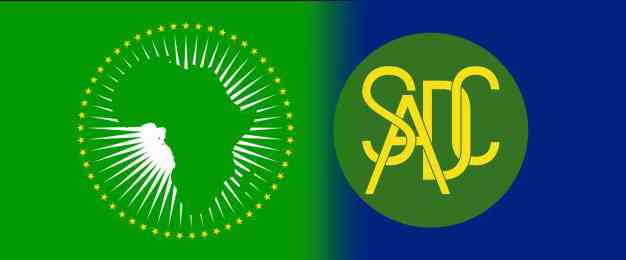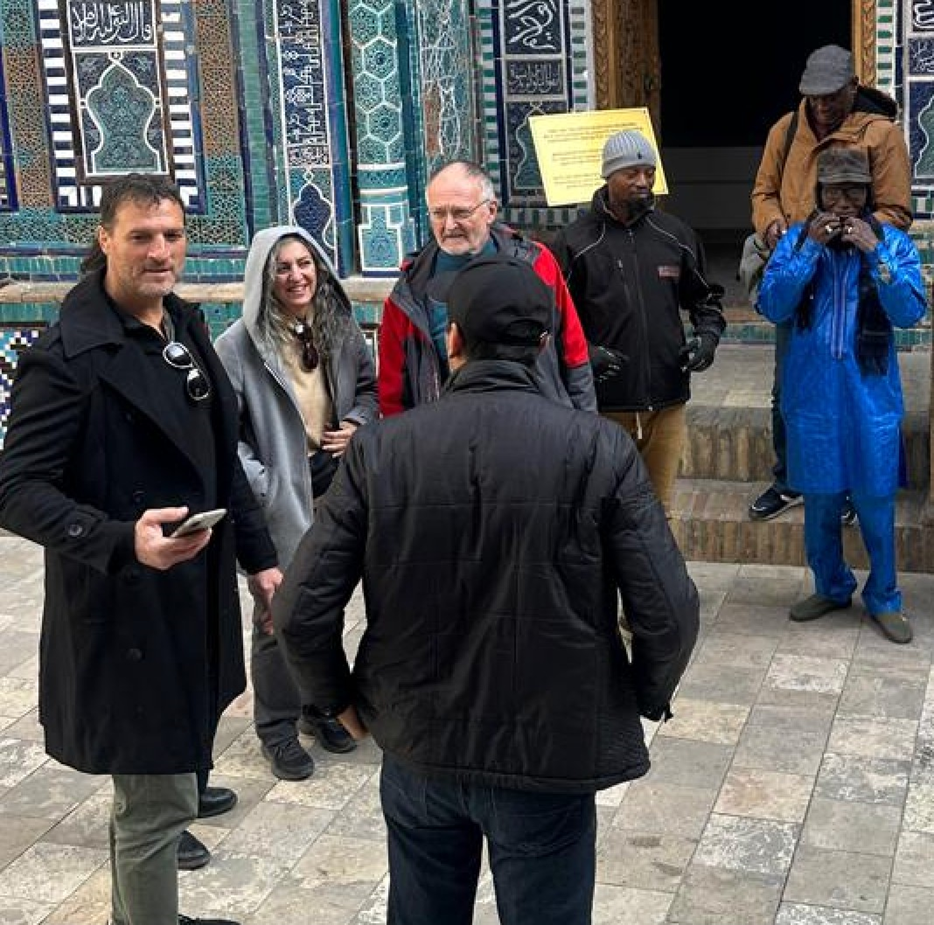
THE African Union (AU) and the Southern African Development Community (Sadc) are both intergovernmental organisations whose territorial units largely begin and end with the geography and history of Africa.
However, with liquid modernity they now find themselves having a lofty connection with geoeconomics and geopolitics dating back to the Berlin Conference of 1884-885 where Africa was defined and subsequently ruled according to borders. Africa will not be an island unto itself because of its historicity.
Africa by definition is a polymorphous continent comprising 55 countries (AU) and within Africa there is a subregional grouping namely Sadc which comprises 16 countries. It is the purpose of this opinion piece to interrogate the seriousness with which AU and Sadc approach disability in general and persons with albinism in particular.
From the outset, it is worth noting that the rights of people with disabilities in general and persons with albinism are not a bonus of good times. Essentially, equality rights are human rights in both good and bad times.
It is against the above argumentation that the AU came up with the African Union Protocol on Disability 2018 and that Sadc at its recent summit in Harare, Zimbabwe (August 17-18, 2024), adopted a declaration on the protection of people with albinism.
A tooth-pick analysis of these initiatives by these intergovernmental organisations shows that the intentions are good but the outcomes of such intentions are unfortunately poor when measured against quantitative and qualitative indicators.
For example, the African Union Protocol on Disability was crafted in 2018 and to date it has only been signed and ratified by 14 African countries.
This protocol under discussion can only come into effect after it has been signed and ratified by 15 member States of the AU.
- Sadc meets over water, energy and food security
- Delays in ratifying AU human rights charter disconcerting
- 5 Zim cops off to South Sudan
- Opposition loses hope on reforms
Keep Reading
Poring over the protocol, one finds progressive and unique provisions that speak to the structural, behavioural and attitudinal conditions conducive to the mistreatment, killing, oppression, discrimination, segregation, othering, objectification and thingification of people with disabilities in general and people with albinism in particular.
Pursuant to the above polemic, in some parts of Africa people with disabilities are seen as a threat to the gene pool of human species and to that effect they are either hidden from public glare or killed.
An Amnesty International report of 2020 said approximately 151 people with albinism have been killed in such countries as Malawi, Mozambique and Tanzania since 2014 and 76 deaths are attributed to Tanzania. People with albinism are killed due to socio-cultural beliefs that associate their body parts with the enhancement of luck in business and love.
It is against the above understanding of what society can do to people with disabilities in general and persons with albinism in particular, that the AU and the Sadc couched the protocol and the declaration, respectively. However, this writer would want to submit that for a goose to lay golden eggs, it will need food and nutrition security to be guaranteed.
The initiatives of the AU and Sadc on people with disabilities in general and persons with albinism in particular are good on paper but the implementation matrix is pathetic. Implementation is a function of planning and budgetary provisions at the level of individual countries, however the AU and Sadc should build into their programming M and E mechanisms as feedback loops on their expenditure efforts.
It is a fact that a country’s plans and votes (budgetary allocations) towards a certain cause, programme, project, goal or objective constitute public statements of political will and commitment.
The AU and Sadc in both documents are not clear on the financing of the popularisation and implementation matrix of the instruments under discussion.
If, for example, as a matter of policy, I want my wife to be curvaceous if not bootylicious, it will be incumbent upon me to finance my policy by buying cerevita, potatoes, eggs, vegetables and meat and also to provide an emotional and psychological environment as a catalyst to the fulfilment of my policy.
This is not what the AU and Sadc have done regarding disability. If, for instance, AU can look for US$5,5 billion and Sadc US$3,3 billion from the UN and other well-wishers to feed starving Africans, why can’t the same supranational bodies look for financial support to avert the killing and abuse of people with disabilities in general and people with albinism in particular?
People with albinism are multiply minoritised because of their skin colour that is susceptible to cancer, poor eyesight, gender, age and class, among other intercutting variables that combine to oppress and complexify their lives.
People with albinism need mobile cancer clinics, sunscreen lotion, eyeglasses and protective clothing, among other things. In some countries like Zimbabwe which has roughly a population of 10 000 persons with albinism, sunscreen lotion is not exempted from duty when it is imported.
There is a bi-directional link between disability and poverty, most persons with albinism cannot afford to import sunscreen lotions let alone buy from their local territorial units because the pricing is out of their reach.
This persuades this writer to think that for Sadc to adopt a declaration on the protection of persons with albinism is a demonstration of lack of political will and commitment towards the safeguarding and protection of persons with albinism because a declaration is not legally binding as it depends on a country’s probity.
Summitry diplomacy is associated with the adoption of declarations, the feel-good arguments which in most cases are vacuous.
The AU protocol on disability in its entirety is a sound instrument that just needs to be ratified and naturalised by individual African countries by way of locating disability close to the proximity of power.
The AU and Sadc are long on planning and short on implementation, their thinking on paper is flawless, but this thinking without implementation is like a pig’s tail which covers nothing.
- Cyprian Muketiwa Ndawana is a public speaking coach, motivational speaker, speechwriter and newspaper columnist.











